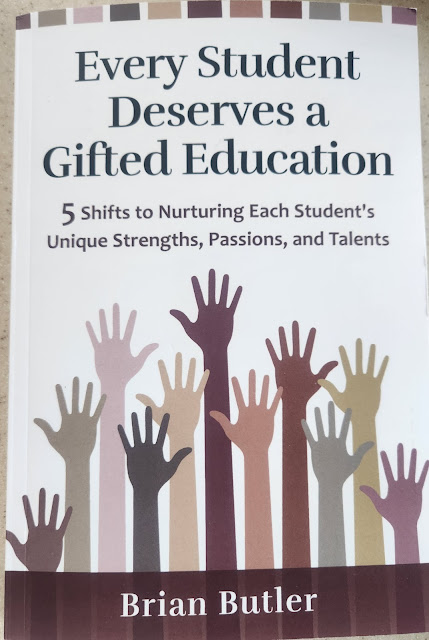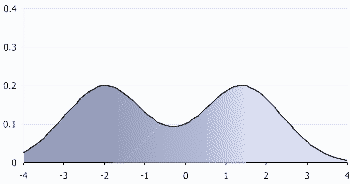PISA 2022: No Change in Dismal Perfomance of the Philippines

It is the second time, since the adoption of the new K to 12 curriculum, that the Philippines participated in The Programme for International Student Assessment or PISA. PISA is a triennial survey of 15-year-old students around the world in three subjects: reading, mathematics and science. The results remain dismal for the Philippines. For the second time, PISA has shown that 15-year old students, who are near the end of their junior high school in the Philippines, are not learning basic skills in readsing, math and science, demonstrating convincingly that Philippine basic education has serious problems in the early years. The above shows that the scores remain essentially the same between 2018 and 2022. For reference, the figure below shows the scores in 2018. The scores are nearly identical to these ones. The scores in the 2022 exam are 347 (Reading), 355 (Math), and 356 (Science).





